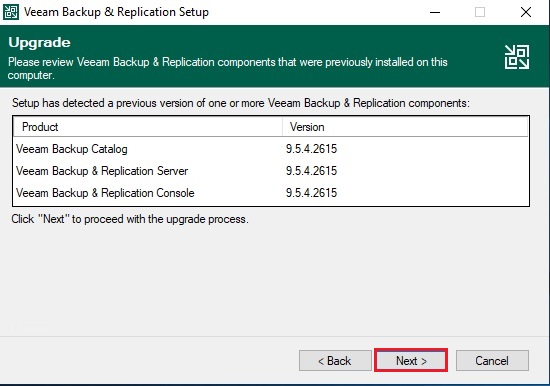

Higher ratios are allowed in some specific situations, like many small links connecting to one large target WAN Accelerator in this case we have observed ratio up to 20:1, but we suggest in this case to evaluate the design with a Veeam expert. Many-to-one scenario is supported in this case the target WAN accelerator should be sized carefully to be able to accept multiple incoming connection, and in general we recommend a maximum ratio of 4:1. Since WAN accelerator processes VM disks sequentially, you may consider using more than one source WAN accelerator on a single site to distribute tasks between them. How many source WAN accelerators do I need? ROBO-sites to a central site) is also possible but needs accurate sizing and has higher system requirements.

WAN accelerators work in pairs: one WAN accelerator is deployed at the source site and another at the target site. High-bandwidth mode puts more load on source than target.

High bandwidth mode does not use it, instead it uses advanced compression and deduplication mechanisms, including digest files, used also by low bandwidth mode, thus the disk space and compute requirements are lower for High-bandwidth mode in many cases. The main difference between the two modes is the use of the “Global cache”. Customers with no specific needs for bandwidth usage, or backup execution time, can also use direct connection with low bandwidth. Note that these values are the suggested operational limits of the WAN accelerator, or said differently, where the selected option performs at its best. This site uses Just the Docs, a documentation theme for Jekyll.


 0 kommentar(er)
0 kommentar(er)
